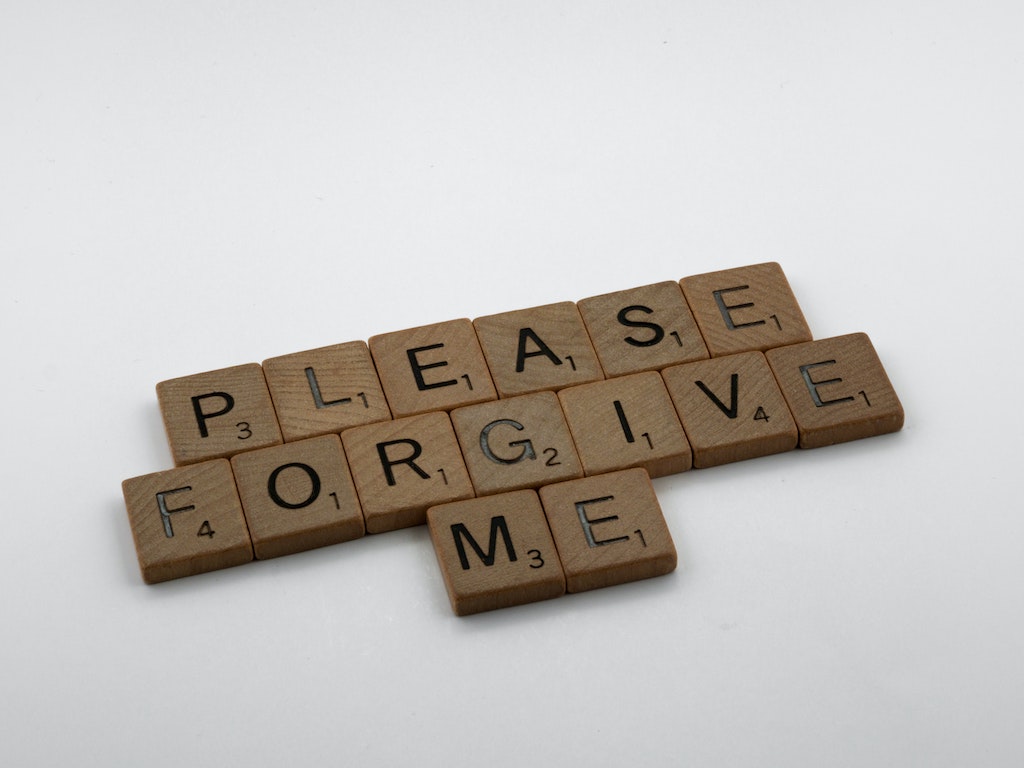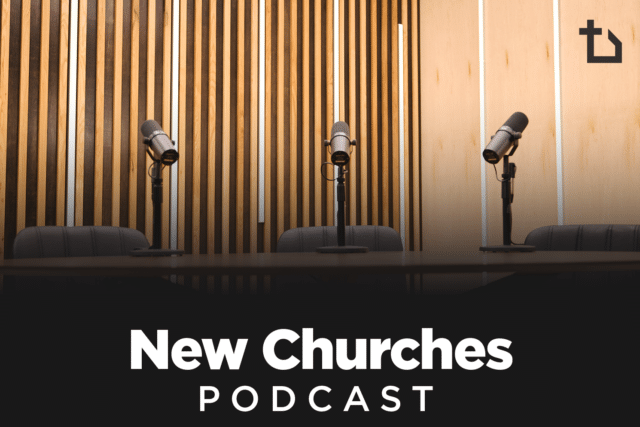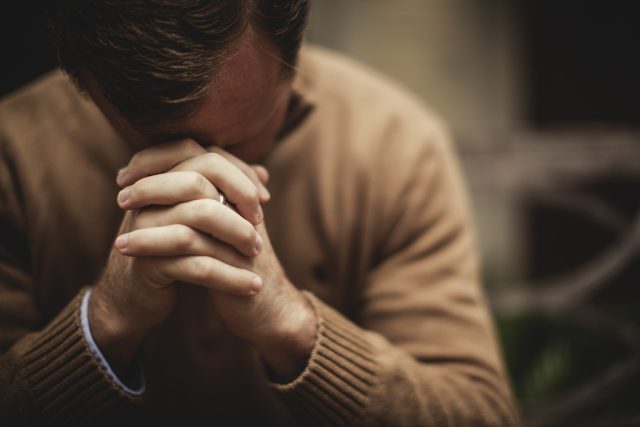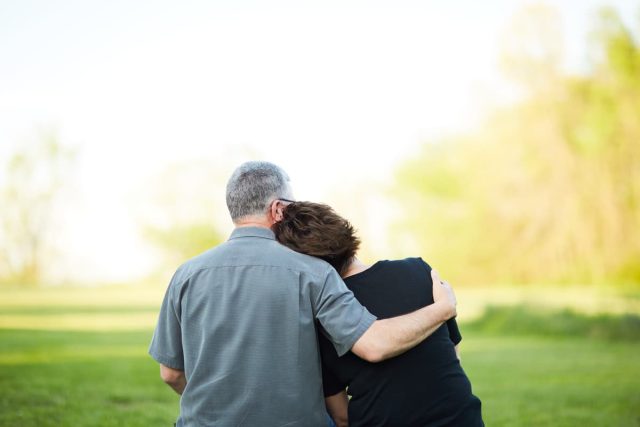Article
Pastors Are Professional Forgivers
Jenique Saunders
When pastors make forgiveness a personal value essential to church culture, they have a unique opportunity to usher in new ways of engaging with people after wrongdoing.

I’m a mom of two busy-bodied boys and one of the most challenging hours of the week in our home is the hour before church starts on Sunday morning. I’m ashamed to say that time slot has been filled with bribes, threats, screams and chasing – not unlike scenes from a gangster movie! It’s a sharp contrast to what happens once we make it to church and are greeted with smiling faces speaking with kind voices, soothing entry music and hands raised in worship.
This shift doesn’t sit well with me.
After catching my breath on the drive to church I’ve occasionally stopped to ask for forgiveness from my sons for raising my voice in frustration or for ignoring their requests. I’m always surprised by the response from my oldest son, which usually is something like “I forgive you mom. Now, can I have a snack?” For my son, it’s that simple. He knows how to forgive right away and all the way. He even wants to take it a step further and break bread together (usually goldfish).
We have a lot to learn from him. If you are a pastor, here’s a challenge for you: Forgiveness is not part of your job; it’s essential to it.
Sin has tarnished perfect people (Isaiah 64:6) so there are some behaviors and happenings we can expect within the church: There will be disunity. People will come and go for good and not so good reasons. Friends will disagree with you. People will think and say untrue things about you. People will lie, cheat, steal, kill, abuse and disobey authority — and if you are a parent getting kids ready for church on Sunday morning you will for sure say or do something that is not pleasing to God.
As much as our grudge-holding and prideful selves hate to believe it, every single one of these things and all other unrighteousness can be forgiven. (1 John 1:9). You might teach and preach these truths every Sunday but, pastor, please let these truths sink down into your heart and into your actions.
I’m married to a pastor, so I get to see the need for this often. Have you ever served as a minority in church leadership and had to deal with the stings of racism touching your local church? Have you been needlessly judged or critiqued? Have you had members disagree with decisions in your church so much that they resort to defamation of your character? Are you being used to your capacity and being asked to take on more? Do you have flock who have engaged in unthinkable sin and practices? Have you experienced broken promises, neglected needs, unrealistic expectations?
We’ve seen a few of these things up close and, after all the wrestling and struggling in our hearts, the only way we know to honor the life and work of Jesus on the cross is through offering grace and forgiveness to those we felt were undeserving. We’ve seen how taking the route of forgiveness is the only way that leads to the benefit of the three parties. The offended is set free of anger and resentment, grows in compassion toward others and their forgiveness mindset purifies their justice seeking motives. The offender encounters grace, which points to the one who authored it and models it best. God, whose plan of salvation requires forgiveness, gets all the glory.
Pastor, you’ve likely been wronged and might be withholding forgiveness, which leads to resentment, bitterness and anger. If that’s you, please remember that “you were dead in the trespasses and sins in which you one walked” but God, being rich in mercy, because of the great love with which he loved you, even when you were dead in your trespasses made you alive together with Christ. (Eph. 2:1-5). You not only need to forgive some things, but you have and will always be in need of forgiveness. You may be tempted to doubt others, gossip, be lazy, gluttonous, arrogant, prideful and a host of others things. No one is above any of these sins. Not one (Rom. 3:10-12). Your title has not exempted you from the grip of sin, yet the love of God has forgiven it. Remembering this should warm your heart to the commands of Scripture that tell us we must forgive even when we don’t feel like it and even when the wrongdoing is beyond what we thought could happen.
Forgiving the toughest of sins doesn’t mean you should ignore the hurt or long-term effects caused by deep and unthinkable wrongdoing. It also does not mean you give up on making changes or working toward biblical justice. Reading Psalms shows that you can walk through each instance of deep hurt and offense with patience, honesty and all your “why” questions. Jesus can handle all that. When you are ready to forgive, you can and should do so – because Jesus already has done the forgiving work when he bled and died on a cross and the sin that you were betrayed by was a much greater offense to Him. The God whose design was perfect, loving and without sin grieves with you in your hurt. (Isa. 53:3) It’s His hurt too.
Pastors, you have a unique opportunity here. In following the commands of Scripture, you get to usher in new and holy ways of engaging with people after wrongdoing. You get to create environments where accountability and pure justice-seeking is the norm because forgiveness has purified motives. You can do all these things when you make forgiveness a personal value and something that is essential to your church culture.
Lead the way in offering forgiveness. Lead the way in preparing your flock for the day when we all will be made perfect and live forever as redeemed, whole and forgiven people. (Matt. 6:10).




